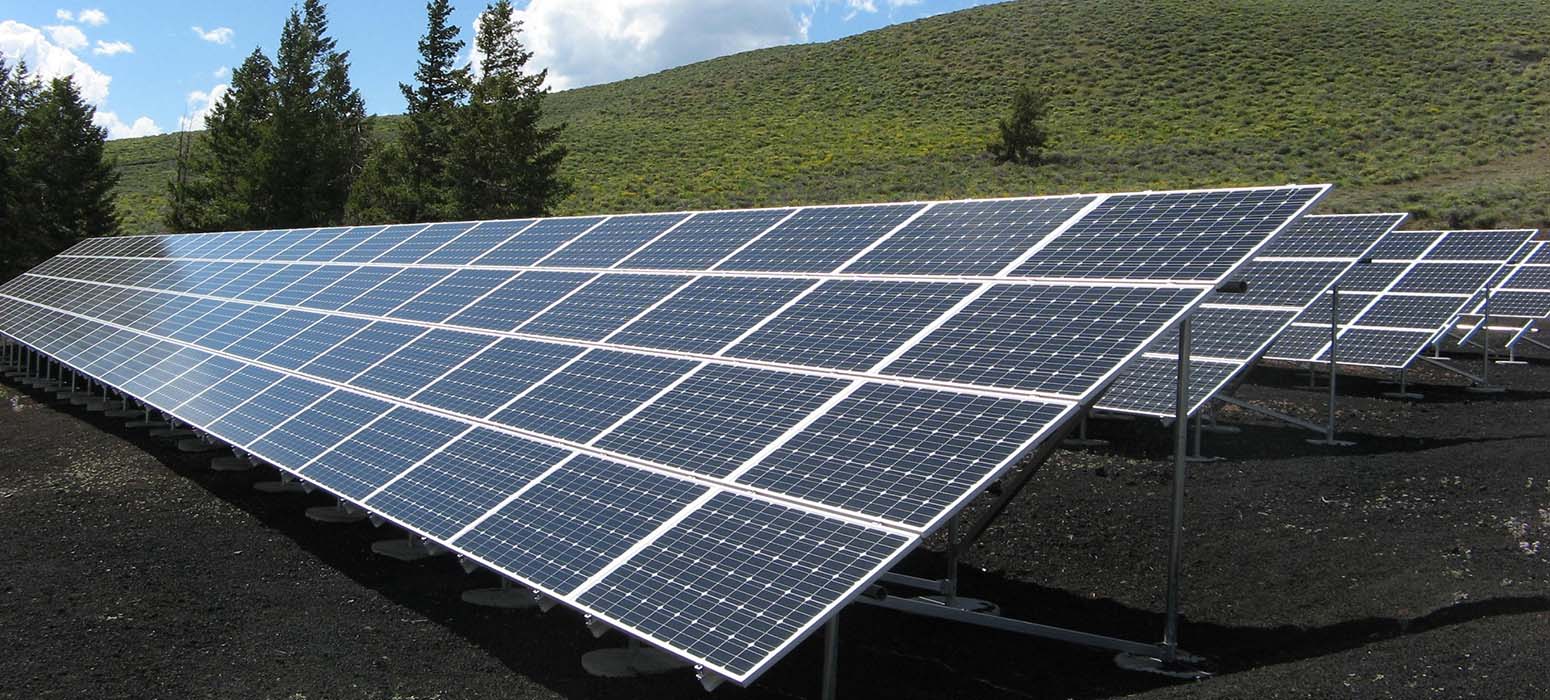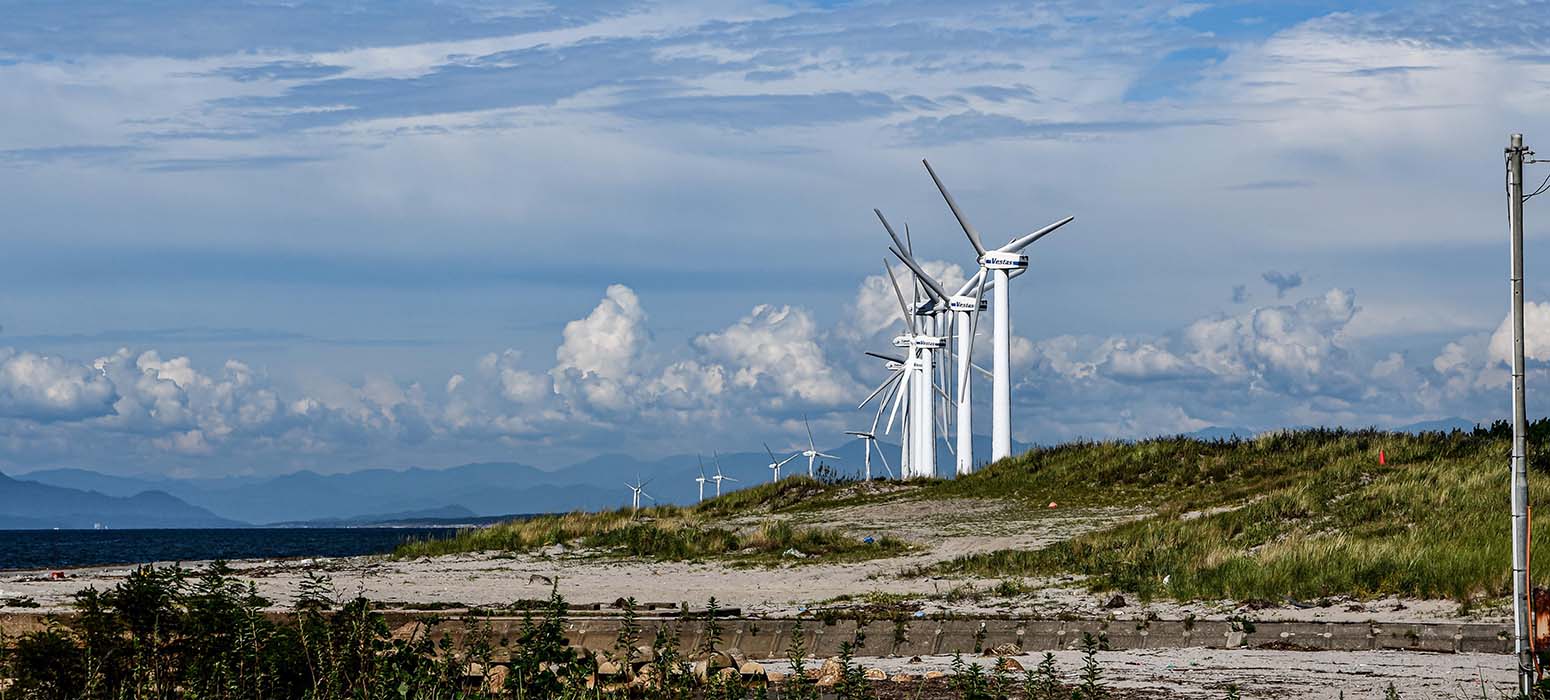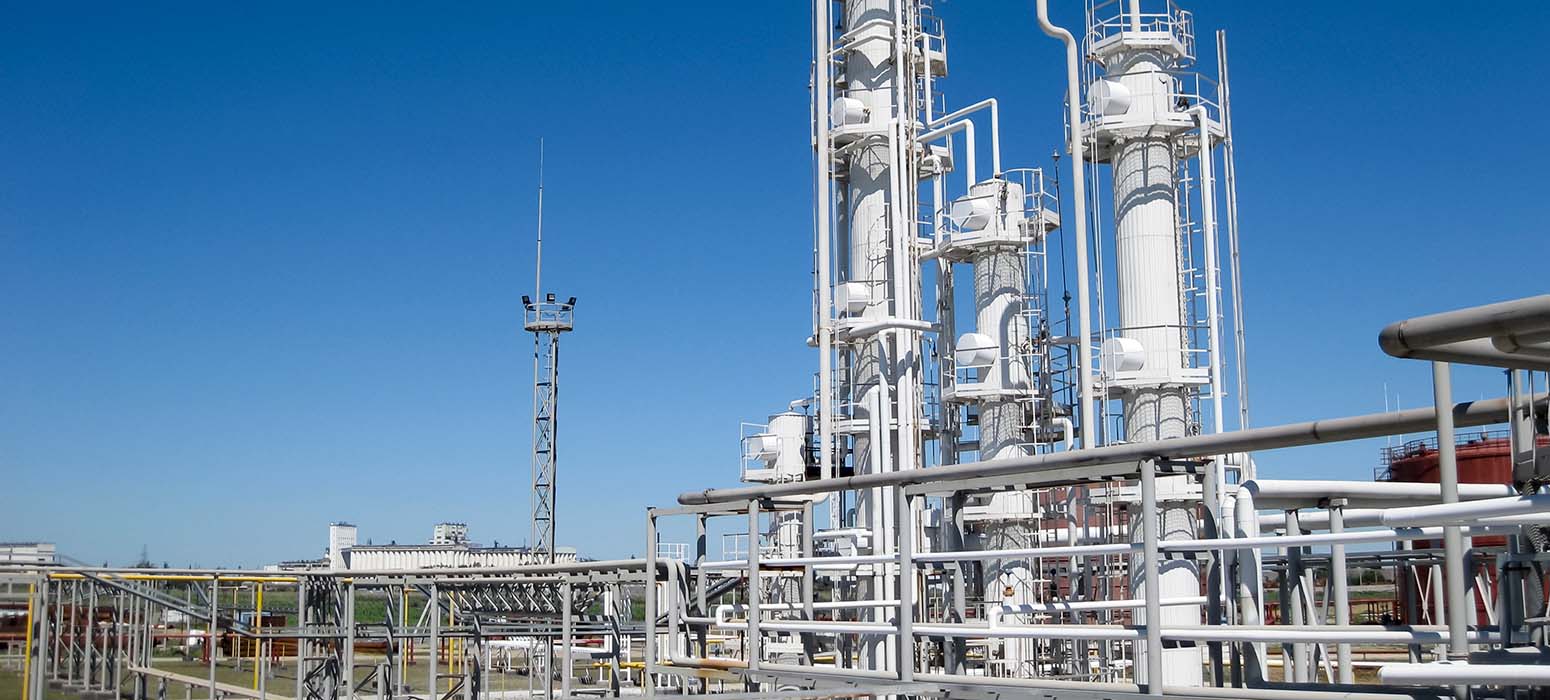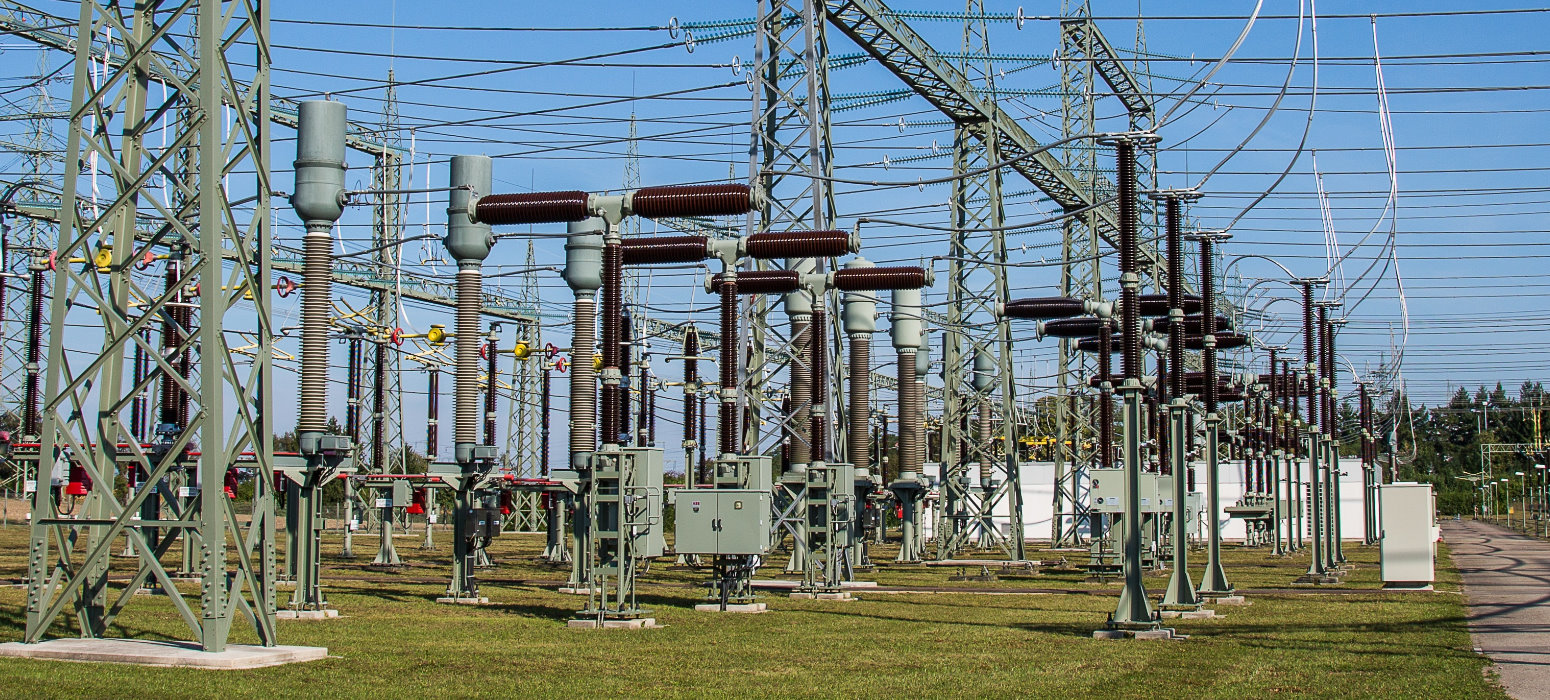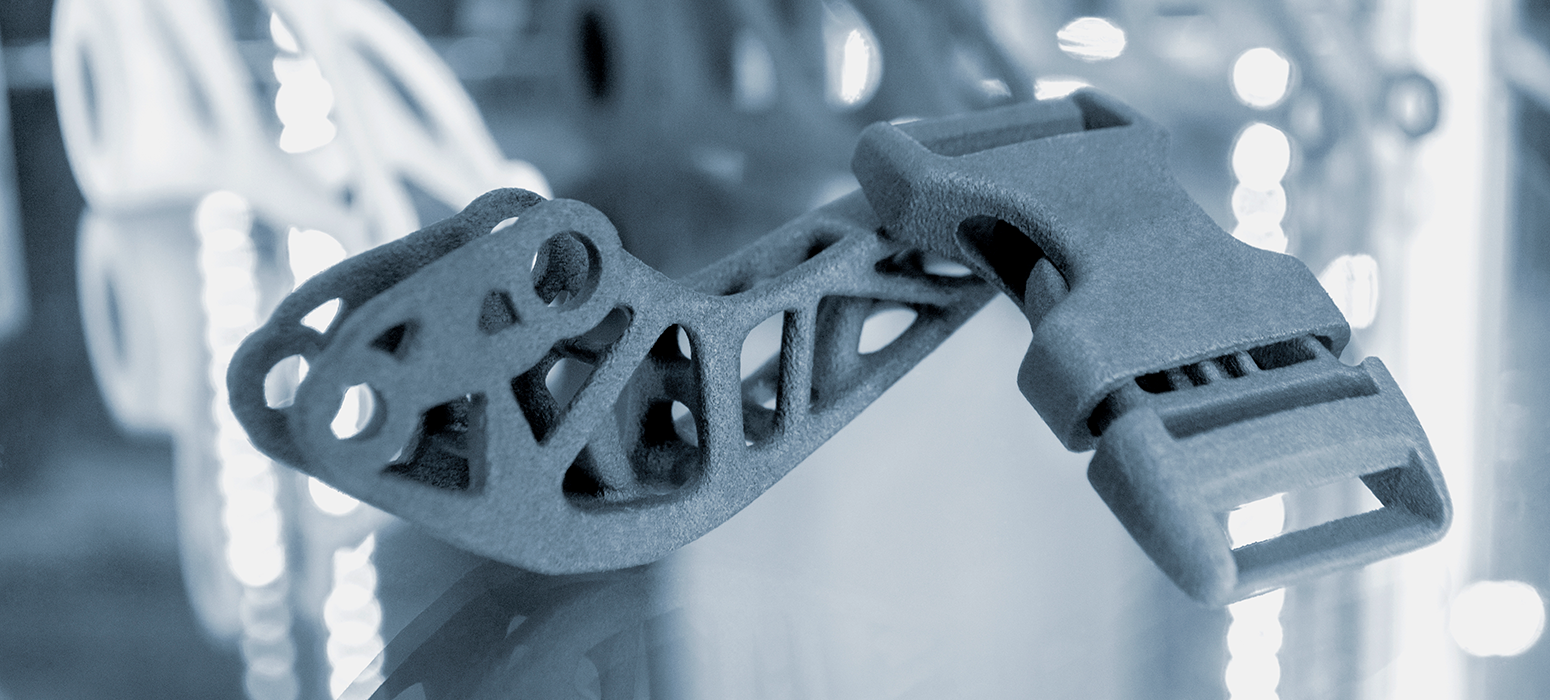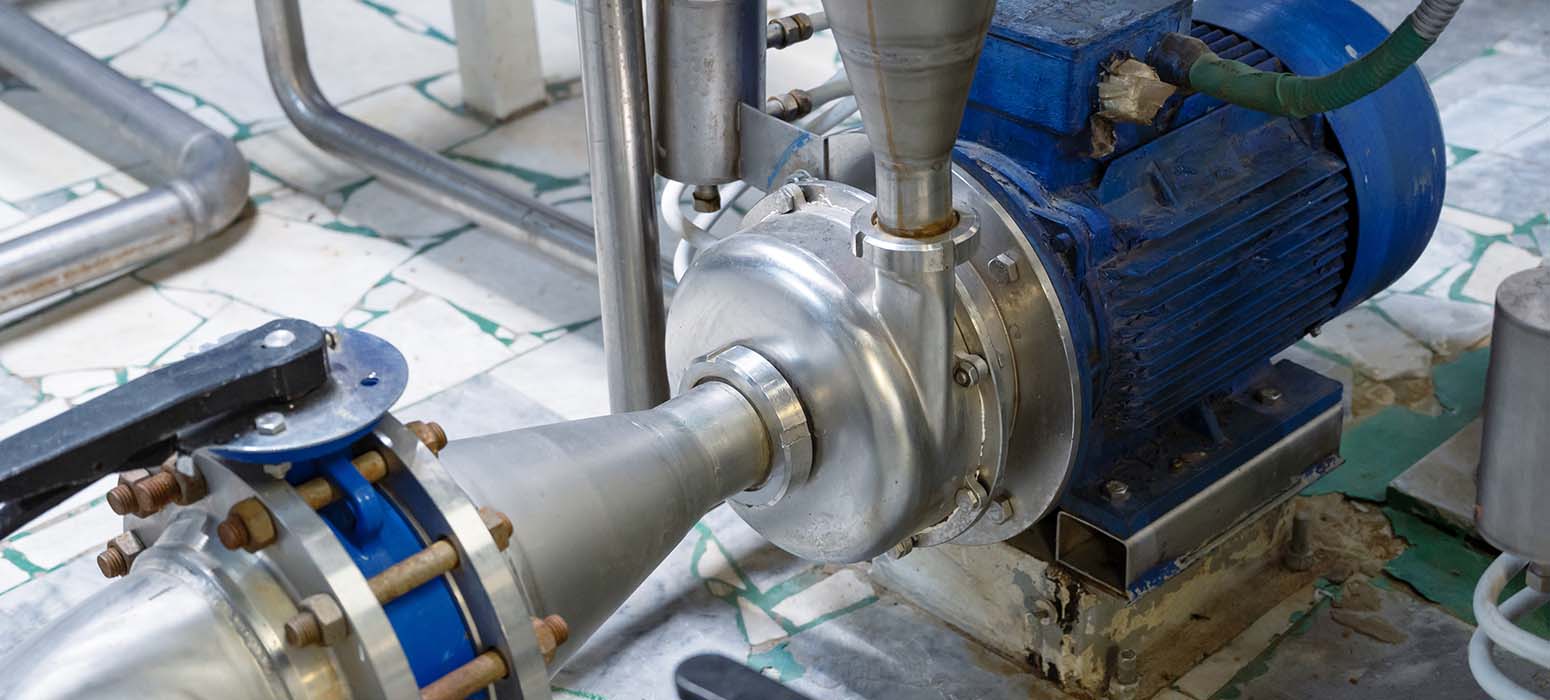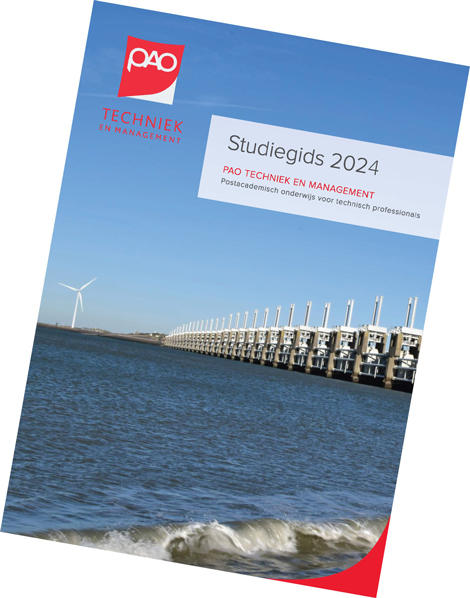Our courses
Develop your expertise and skills in technology and management at PAOTM. The post-academic educator for technical professionals who are looking for the latest knowledge and skills. Choose from more than 150 courses and training in 12 disciplines.
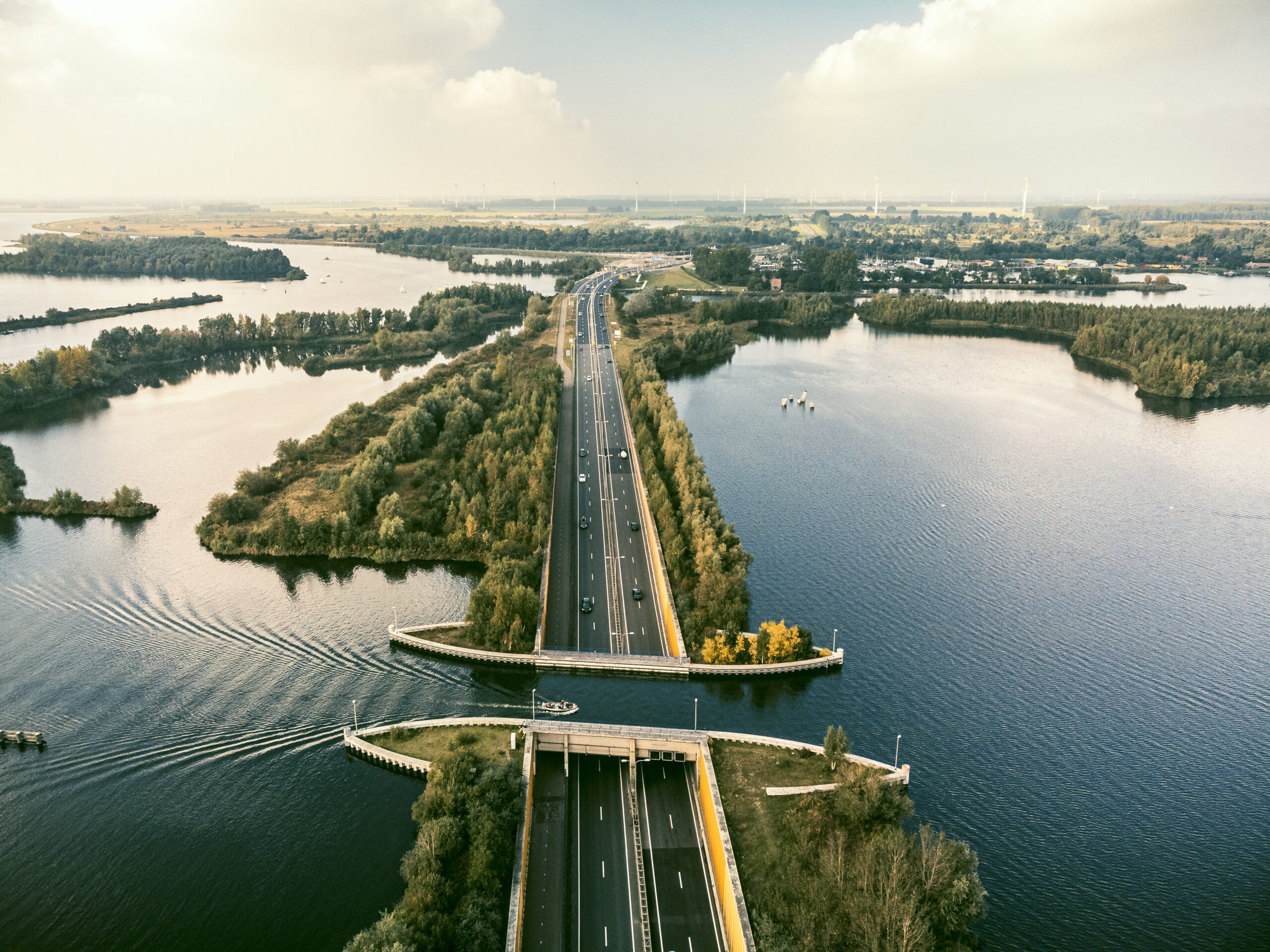
Subscribe for the newsletter
In our monthly newsletter we inform you by e-mail about courses, trainings, news and developments in the various fields of PAOTM. Select the topics of your interest!
Download the Study Guide
In addition to the course offerings, the Study Guide also contains the themes that we will further develop next year. Would you like a complete overview of our courses and training in your field(s)? Request the Study Guide and receive it digitally.

